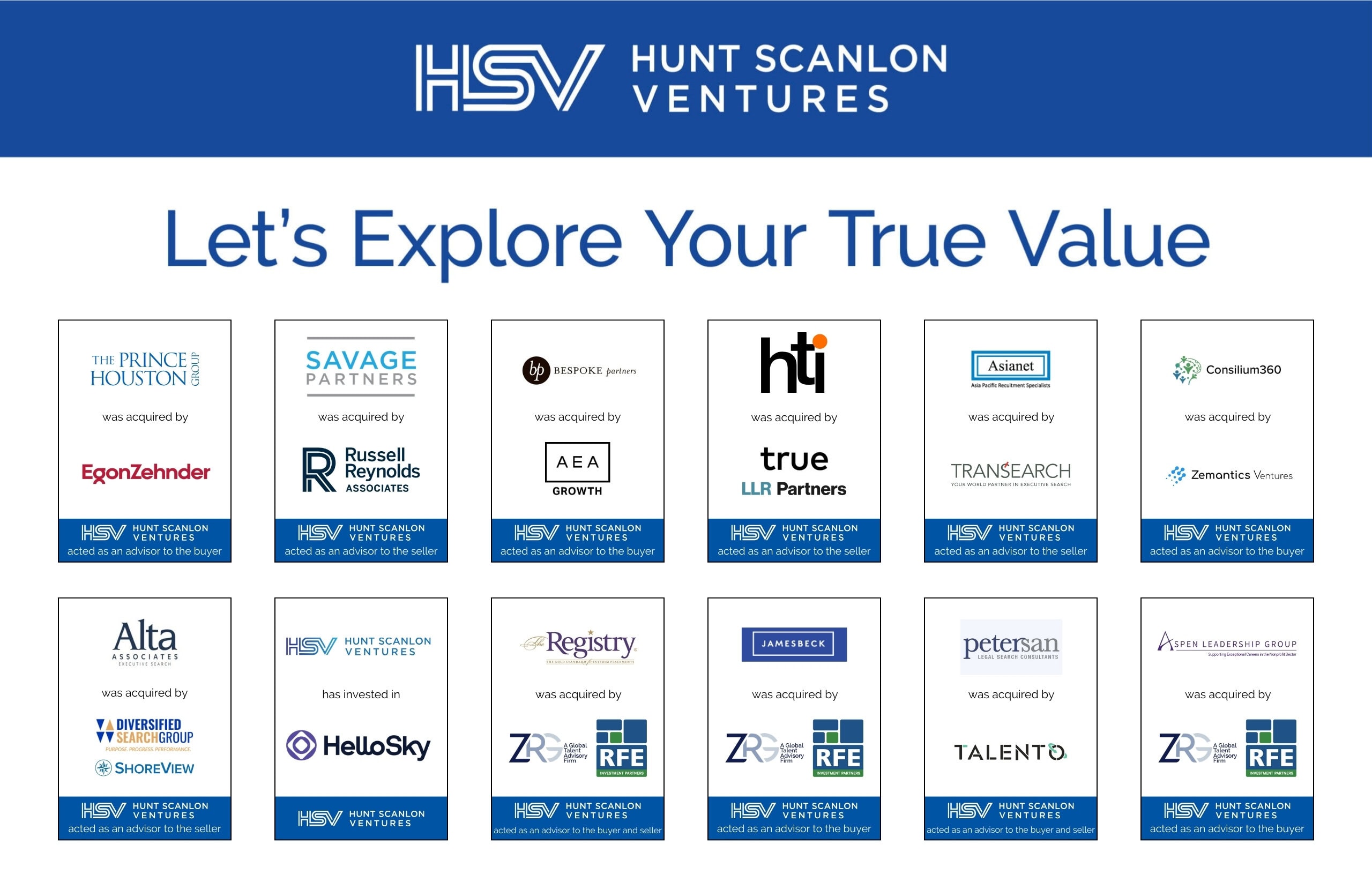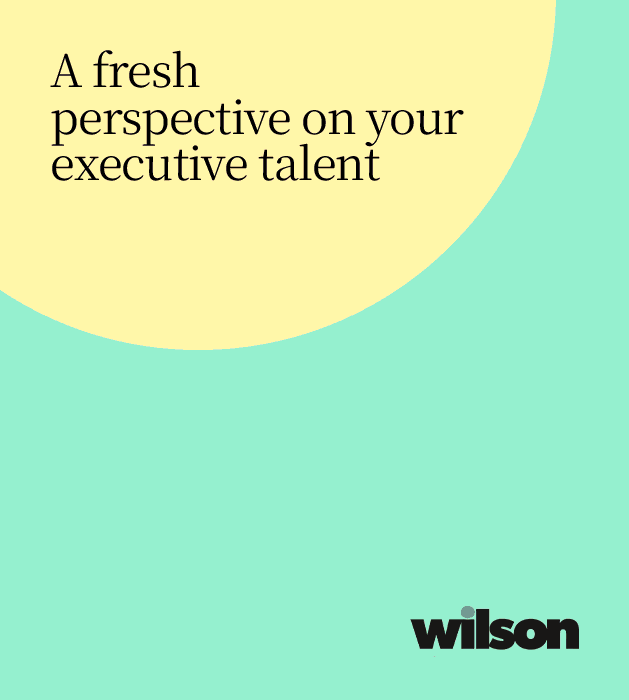With value creation under the microscope and private equity firms facing pressure to deliver, the portfolio CFO has emerged as the linchpin of enterprise performance. From deal viability and debt strategy to pricing, forecasting, and exit timing, the right finance leader can add billions — and the wrong one can quietly erode it. Evan Berta, an associate at Hunt Scanlon Ventures, sat down recently with Shawn Cole, president and founding partner of Cowen Partners Executive Search, to unpack what’s driving this shift – and what recruiting firms must do to stay competitive.
In Why PE-Backed Companies Should Obsess Over the CFO Seat, Shawn Cole, president and founding partner of Cowen Partners Executive Search makes a simple claim with big implications: The CFO role has become the centerpiece of value creation.
From shaping capital strategy and operational discipline to driving pricing, forecasting, and exit readiness, the right finance leader can unlock billions, while the wrong one can quickly undermine enterprise value.
Recent data backs the thesis. Deloitte finds 50% of CEOs believe a strong CFO can add 5%–20% to exit value, and a third say the lift can exceed 20%. The message is clear: PE firms must match CFOs to the situation and the hold period, not just the resume.
Mr. Cole’s vantage point is practical and direct. As president and founding partner of Cowen Partners Executive Search, he leads C-suite searches across industries and has watched value creation hinge on the finance seat.
The risk/reward is stark. A transformational CFO accelerates the playbook; a mis-hire burns lender confidence, compresses multiples, and pushes exits off calendar.
Evan Berta, an associate at Hunt Scanlon Ventures, sat down with Shawn to explore what separates “good” from “transformational,” which CFO archetypes are in demand now, and how PE firms should rethink succession to protect enterprise value.
Strategic Outlook & CFO Impact

Shawn, you note the CFO’s outsized role in value creation. Which areas do you see as most decisive today for PE-backed CFOs?
Operations lead right now, with capital structure close behind to reduce interest burden and improve cash conversion. M&A is selective and thesis led. CFOs who can translate product and pricing into margin lift are most decisive.
“Transformational CFOs are operator partners to the CEO who drive forecasting, pricing, cash, and systems while building a team that moves the business forward.”
What common mistakes do companies make when hiring a CFO for a portfolio company?
Hiring for the moment instead of the value-creation plan and hold period. Over-indexing on pedigree instead of situation fit and change leadership. Underestimating the need to build a scalable finance org, not just close the books.
From your perspective, what separates a “good” CFO from a truly transformational one in private equity?
Good CFOs report accurately and control costs. Transformational CFOs are operator partners to the CEO who drive forecasting, pricing, cash, and systems while building a team that moves the business forward.
Talent Market Dynamics
Are you seeing greater demand for specific CFO archetypes in the current deal environment?
Builder and Scaler profiles are hottest as portfolio companies work through product-market fit and stabilization. With M&A volume down, we’re seeing more carve-outs and divestitures as companies refocus on core — again, Builders and Scalers.
“Demand is high and opportunities abound, but the cost of a mis-hire keeps companies from betting on first-time CFOs.”
How should PE firms think about succession planning for CFOs in order to protect enterprise value?
Extended hold periods and rising CFO turnover, driven by retirements, shifting business needs, and doubts about the model, make CFO succession a core risk for PE firms. The seat is not inherited or guaranteed, and CFOs are often poor participants in succession, but continuity of command is nonnegotiable. Start on day one with a named deputy, documented playbooks, and lender, auditor, and board exposure; tie retention, development, and incentives to the value creation plan; and keep an interim plan ready so the exit timeline is never hostage to one seat.
Looking Ahead
Given the competitive market, what advice would you give to a rising finance leader aiming for a CFO role in PE-backed companies?
Demand is high and opportunities abound, but the cost of a mis-hire keeps companies from betting on first-time CFOs. De-risk yourself by getting close to the business: own forecasting, cash conversion, pricing, and a real operating rhythm with sales and ops; take stretch assignments, learn the debt stack, and deliver measurable outcomes. Equity is earned, not granted.
What do you see as the biggest risks PE firms face if they misalign the CFO seat with their investment thesis?
Misalignment erodes EBITDA and compresses the multiple through weak earnings quality, poor forecast credibility, and capital misallocation. It also burns lender confidence, creates churn in the seat, and can push exits off calendar, destroying enterprise value.
Article By

Evan Berta
Evan Berta is Editor-in-Chief of ExitUp, the investment blog from Hunt Scanlon Ventures designed for professionals across the human capital M&A sector. Evan serves as an Associate for Hunt Scanlon Ventures, specializing in data analysis, market mapping, and target list preparation.






